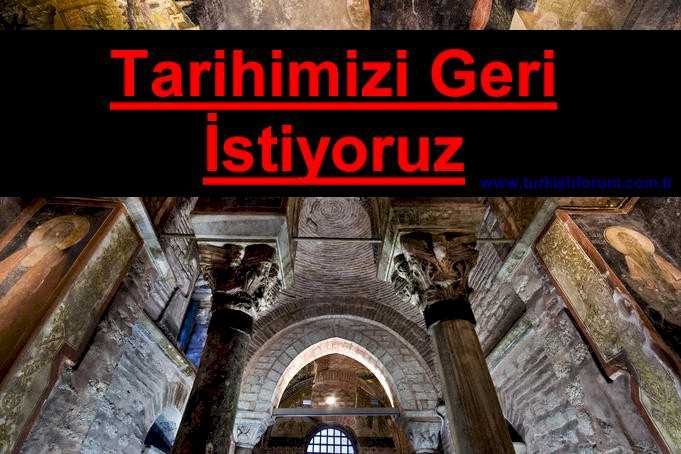By SUSANNE GÜSTEN
 ISTANBUL — After years of pleading in vain for the return of Anatolia’s cultural treasures from Western museums, Turkey has started playing hardball. And it is starting to see some results.
ISTANBUL — After years of pleading in vain for the return of Anatolia’s cultural treasures from Western museums, Turkey has started playing hardball. And it is starting to see some results.
This month, Germany reluctantly agreed to return a Hittite statue taken to Berlin by German archaeologists a century ago. “It was agreed that the statue will be handed over to Turkey as a voluntary gesture of friendship,” the German government said after weeks of negotiations between the countries’ foreign ministries.
Days later, Ankara announced it was stepping up a campaign to obtain a breakthrough in a similarly longstanding dispute with the Louvre in Paris over an Ottoman tile panel that went to France in 1895.
The 16th-century ceramic, one of the finest surviving examples of Iznik ceramic art, once decorated the tomb of the Ottoman Sultan Selim II on the grounds of the Hagia Sophia in Istanbul. While the Louvre continues to maintain that the panel was acquired legally and is not eligible for restitution, Turkey says it was removed from the tomb by a French collector who replaced it with a fake and sold the original to the Louvre.
The statue being surrendered by Germany is a stone sphinx that guarded a gate in the Hittite capital of Hattusa in central Anatolia between 1600 B.C. and 1200 B.C. Taken to Berlin for restoration in 1917 by German archaeologists excavating the site, it was not returned to Turkey, but incorporated into the collection of the Pergamon Museum, where it remains on display.
The two artifacts head a list of cultural treasures from Asia Minor spanning several millennia that Turkey wants returned from the museums of half a dozen Western countries, including the United States and Britain.
The list ranges from a small stele in the British Museum in London to the great Pergamon Altar, centerpiece of the Pergamon Museum in Berlin, and includes such items as the top half of a Roman statue in possession of the Boston Museum of Fine Arts, the bottom half of which is on display at Antalya Museum in Turkey.
Although the Turkish cases for restitution of the sphinx and the tiles have always been more compelling than those for other treasures, like the Pergamon Altar, that were exported with permission of the Ottoman authorities, Ankara’s requests for their restitution went unanswered for years.
via Turkey Presses Harder for Return of Antiquities – NYTimes.com.

Leave a Reply